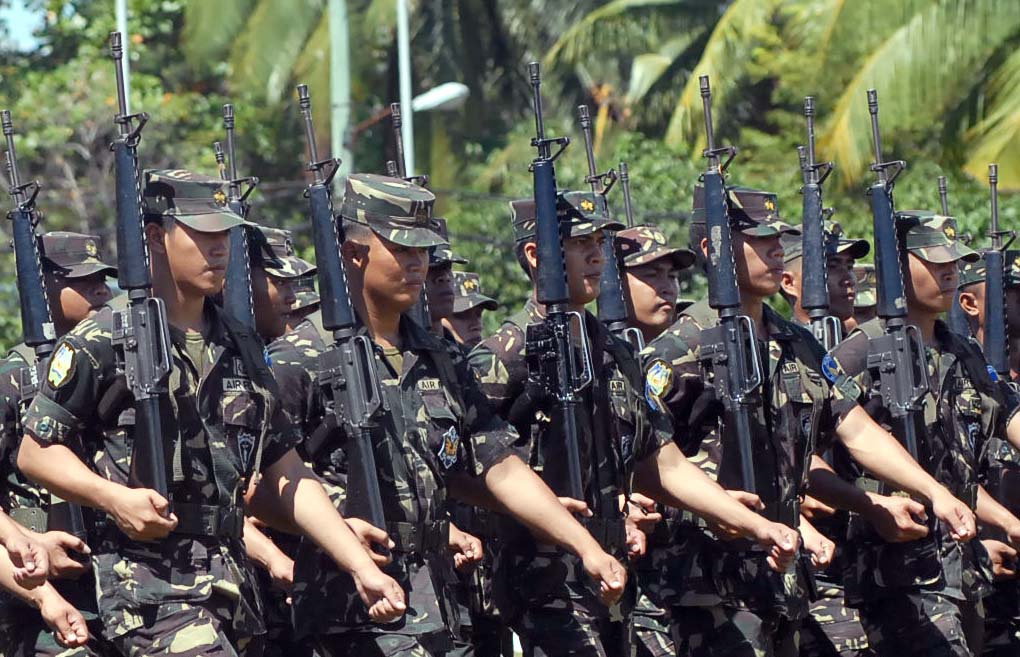THE SPOKESPERSON of the 10th Infantry Division on Wednesday said the soldiers have no reason to go up against the administration of President Marcos Jr.
“We have not monitored any soldier or other groups who are making destabilization (efforts) in our current situation, especially in our area of responsibility,” Major Mark Anthony Tito, spokesperson of the 10th ID told reporters on Wednesday’s AFP-PNP press briefing at The Royal Mandaya Hotel.
“Lastly, our troops are on high morale and there’s no reason for our soldiers to join in such activities,” he added.
His statement came in wake of AFP Chief Romeo Brawner Jr who reportedly raised the possibility of a coup in his speech during the Change of Command ceremony on Nov 3.
However, Col. Medel Aguilar, AFP spokesperson, was to clarify that Brawner was “misquoted” and there was no such plot to unseat President Marcos Jr. Instead, what the Brawner referred to were efforts to “upset” the administration’s stability.
“Our [AFP] chief of staff [Romeo Brawner Jr.] was simply misquoted during the change of command ceremony in Zamboanga,” Tito said.
“But for the men and women of the 10th Infantry Division, we remained loyal to the Philippine Constitution, the people, and the republic of the Philippines,” he added.
Also, Major Catherine Dela Rey, spokesperson of Police Regional Office XI, echoed Tito’s statement as she said the force remains loyal to the government.
“In the history of the Philippine National Police, it never joined such a destabilization movement,” Dela Rey said.
In his statement, National Security Adviser Eduardo Año reiterated that the AFP Chief of Staff was only misinterpreted by the media while he was talking to the troops.
“Yes, there were healthy and passionate exchanges/debates among some retired or former military officers and even some criticism against certain policies of the current administration but they are within the bounds of our democratic space. Although often abused, they are part of the freedom of expression where most are academic discussions or politically motivated,” Secretary Año said.

